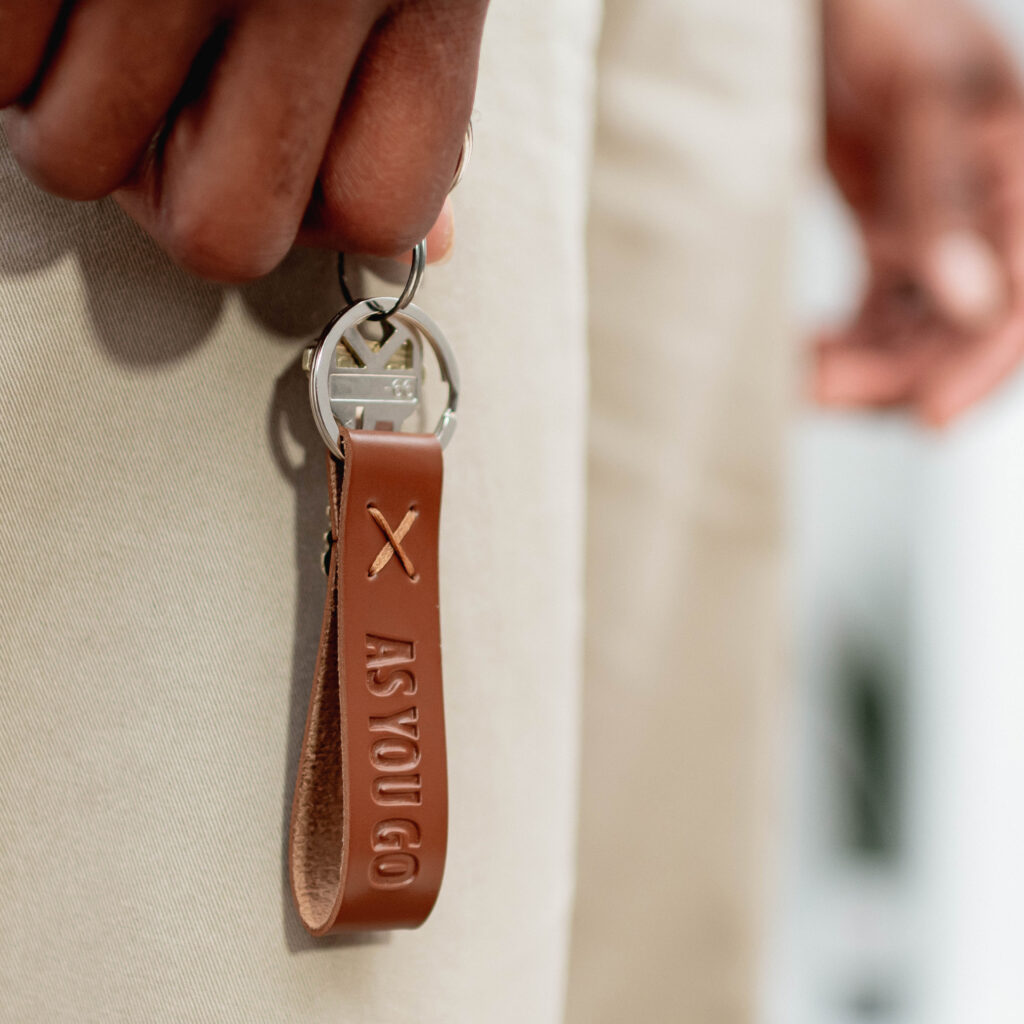This week we interviewed three practitioners serving on the field as church planters. These are their stories.
Dustin and Jamie Nimmo planted a second campus of Christ the King Church in Cincinnati. When space got tight, they looked for a God-sized solution.
On Monday, my wife Jamie told me, “Make sure you have a backup before you quit your job.” I came home from work Wednesday and said, “I quit my job.” I knew God was calling us to church planting.
We were living in Cincinnati and I had been exploring the idea of church planting. I had been in touch with Michael Clary at Christ the King Church—which was planted through NAMB. They allowed me to come do a residency and agreed to be my sending church.
I think you know that when you plant a church you’re going to see people’s lives changed and all these great things happen, but I don’t think planters realize how much God is going to change them in the process of planting. And that’s not easy. I think most guys plant churches on pride and a calling from the Lord, and the Lord intends to knock the pride of them.
We launched in January of 2014, and immediately ran out of space. We were meeting in a tiny room at a recreation center and we had nowhere to go.
We had been praying for something—anything—and had no idea what to do. The local baptist association has a really good history of generosity, and about a year and a half after we launched, we got a call out of nowhere from the head deacon of Eastern Hills Baptist Church. We were actually on our way to a training at NAMB in Alpharetta when we got the call, and I joked, “Maybe this guy’s calling to give us a building.” Sure enough, he was calling to give us a building. There were about 15 people in their 70s and 80s left in this congregation, so we welcomed them into our church family, and they welcomed us into their building. We have a multi-generational church plant now.
As we joined together for the first time, they all sat on the other side of the room, but we leveraged our church family by saying, “Hey we’re going to graft these people in no matter what it takes.” So our people would just ruthlessly engage with them in conversation on Sunday mornings.
We do small groups and they meet in different homes throughout the week, but we realized our older members don’t drive at night. So if we’re thinking like missionaries, how do we reach this people group? We have an older generation of people who don’t drive at night and have very much grown up in church their whole lives, so we took what we did in the context of our small groups and just put it at 8:45 on Sunday mornings like Sunday school. That group became an even split of older and younger people—some, like nurses, who worked at night and couldn’t come to another group joined in. There are probably six people under 30 and eight to ten people over 70 in that one group.
I had a conversation with one of our older members, Mary Lou, and she said, “It’s just so good to come to the church and hear the gospel preached again.” And that’s what I want to do; that’s all I want to do on Sundays is make very clear who Jesus is and God’s grace to us and how we desperately need that. And the beauty of that is that message speaks to people in their teens and 20s and people who are 80 or 90 years old. That’s what brings us together. And it’s not anything that’s a clever trick by any means, but it’s the gospel that ties us together.
Dustin Nimmo (@DustinNimmo) is the Eastern Hills Campus Pastor of Christ the King Church in Cincinnati.
Published August 24, 2016



